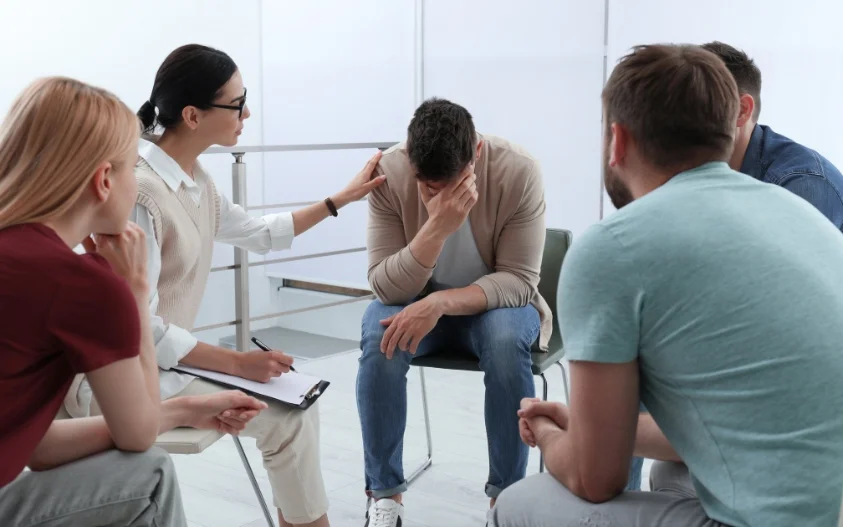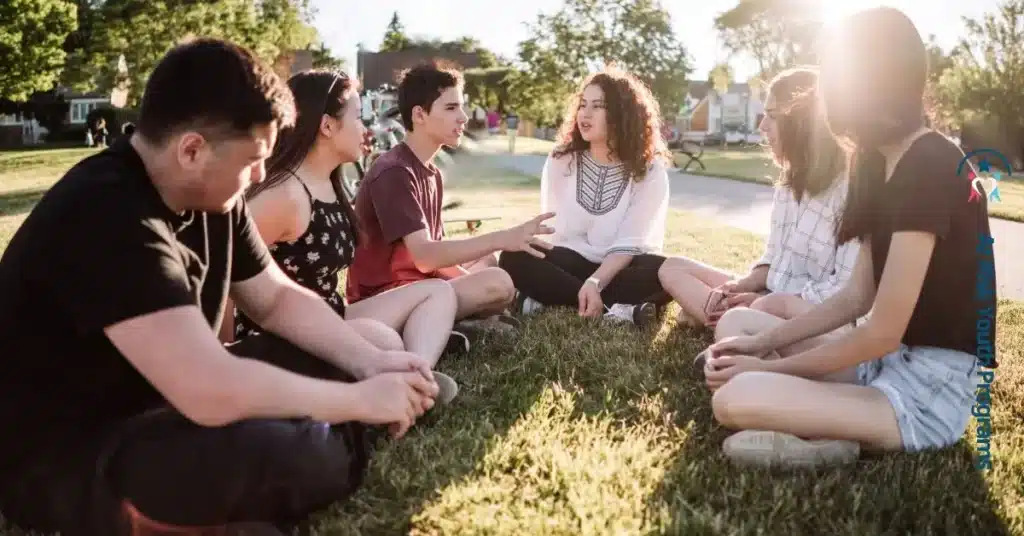24/7 Helpline:
(866) 899-111424/7 Helpline:
(866) 899-1114
Learn more about Group Therapy centers in Ora
Group Therapy in Other Cities

Other Insurance Options

Premera

CareSource

Humana

ComPsych

Private insurance

Molina Healthcare

Magellan Health

UMR

Ceridian

Amerigroup

Ambetter

CareFirst

Health Partners

State Farm

Sutter

Magellan

Horizon Healthcare Service

Kaiser Permanente

AllWell

Oxford












Wiregrass Apartments – Mental Health Apartments
Wiregrass Apartments – Mental Health Apartments is a private rehab located in Hamlet, North Carolina...

Sandhills Alternative Academy
Sandhills Alternative Academy is a private rehab located in Hamlet, North Carolina. Sandhills Altern...

Family First Support Center
Family First Support Center offers outpatient and intensive services for individuals with alcohol an...























